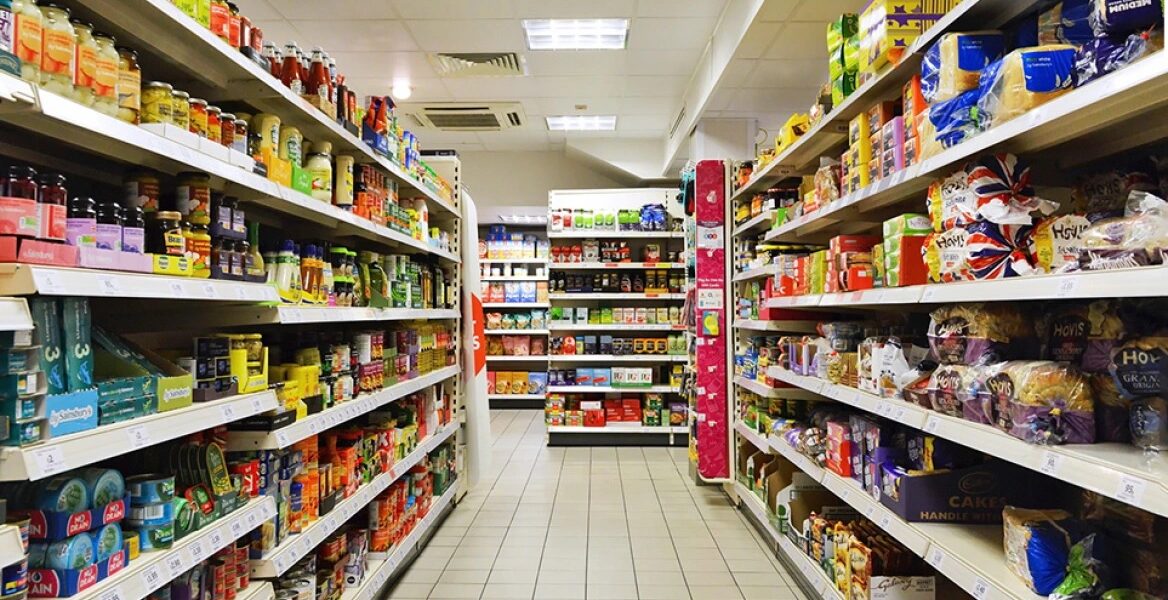The annual inflation rate in Greece has slowed to 8.5% in November, a decline from the 9.1% in the previous month. This is despite the fact that price increases continued in the month in all the range of goods and services except from telephone services.
More specifically, price increases were recorded in bread/cereals (18.7%), meat (16.7%), fish (1.9%), dairy/eggs (25.3%), oils/fat (20.4%), fruit (3.7%), vegetables (12.6%), sugar/chocolate/sweets (8.6%), other food (12.9%), coffee/tea (11.9%), mineral water/beverage (8.9%), alcohol (7.1%), clothing/footwear (10.9%), house rent (2.6%), natural gas (27.8%), heating oil (11.6%), solid fuel (23.2%), furniture (6.7%), home appliances (4.5%), new cars (13.3%), used cars (19.4%), fuel/lubricants (17.6%), taxi transport (32.9%), air transport (42.3%), ship transport (26.7%), cinemas/theater (14.3%), hotels (14.6%) and personal care (10.2%).
The inflation rate was 4.8% in November 2021. The consumer price index was unchanged on a monthly basis in November. Greece's harmonized inflation rate was 8.8% in November, from 4.0% in November 2021. On a monthly comparison, the harmonized rate fell 0.3% in November from October 2022.
Meanwhile, Greek Finance Minister Christos Staikouras expressed his satisfaction on Thursday over Greece's being among four countries that registered the most significant VAT gap decreases in 2020, according to an annual European Commission report.
The VAT gap is the estimated difference between expected revenues in EU member states and the revenues actually collected. According to the Commission's most recent "VAT gap in the EU report" the most significant VAT gap decreases occurred in four countries: Hungary (4.7 percentage points), Germany (4.2 pp), the Netherlands (4.1 pp) and Greece (3.7 pp).
In a statement, Staikouras said that "Greece achieved one of the greatest reductions in VAT gap in the EU - despite the appearance of the pandemic and its effect on the economic cycle, which also affects VAT - reducing significantly its loss of revenue, mostly due to to tax evasion. (It's) a tendency that is expected to continue at greater rates in 2021," expected to reach 5.7 percentage points, mostly because of greater compliance.
The report also mentioned that EU members had lost an estimated 93 billion in VAT revenues in 2020, a VAT gap that was very high yet had dropped by approximately 31 billion euros compared to 2019 figures.
READ MORE: Chubb to Launch New Technology Hub in Thessaloniki.


